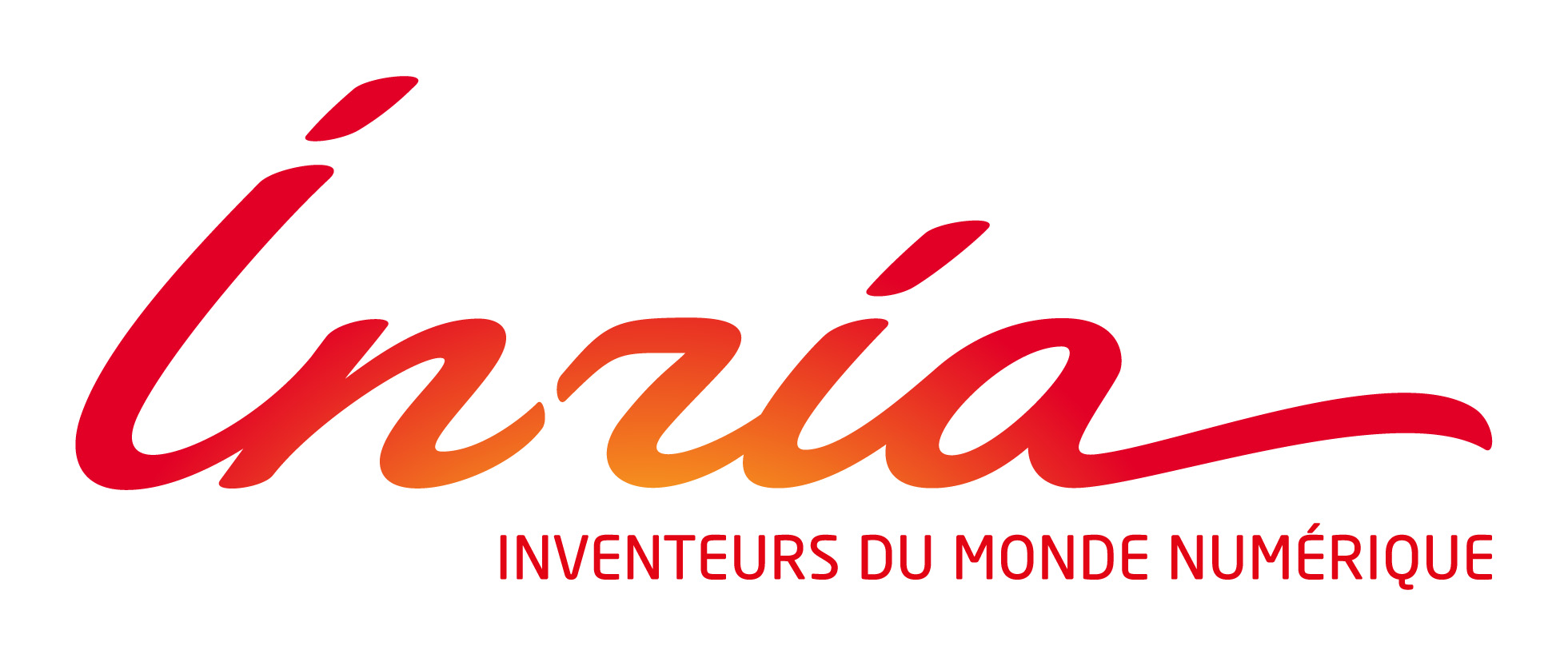Note: les deux premières minutes de l'exposé sont en français ; le reste de la présentation s'est déroulé en anglais
Abstract :
Several powerful forces are gathering to make fundamental and irrevocable changes to the century-old grid. This next-generation grid, often called the `smart grid,’ will incorporate novel elements such as storage, electric vehicles, and distributed generation, with these elements interconnected by a pervasive communication infrastructure.
The smart grid promises to improve the reliability and efficiency of the grid and simultaneously reduce its carbon footprint, making it `greener.’ However, many essential aspects of the smart grid exist only on paper– the introduction of the smart grid raises nearly as many problems as it solves. Our research hypothesis is that the concepts and techniques pioneered by the Internet, the fruit of four decades of research in this area, are directly applicable to the solution of some of these problems.
This is because both the Internet and the electrical grid are designed to meet fundamental needs, for information and for energy, respectively, by connecting geographically dispersed suppliers with geographically dispersed consumers. I will discuss this hypothesis in some detail, then present selected projects from the research agenda of the ISS4E (Information Systems and Science for Energy) lab at the University of Waterloo that further explore its consequences. (joint work with S. Keshav, University of Waterloo)

